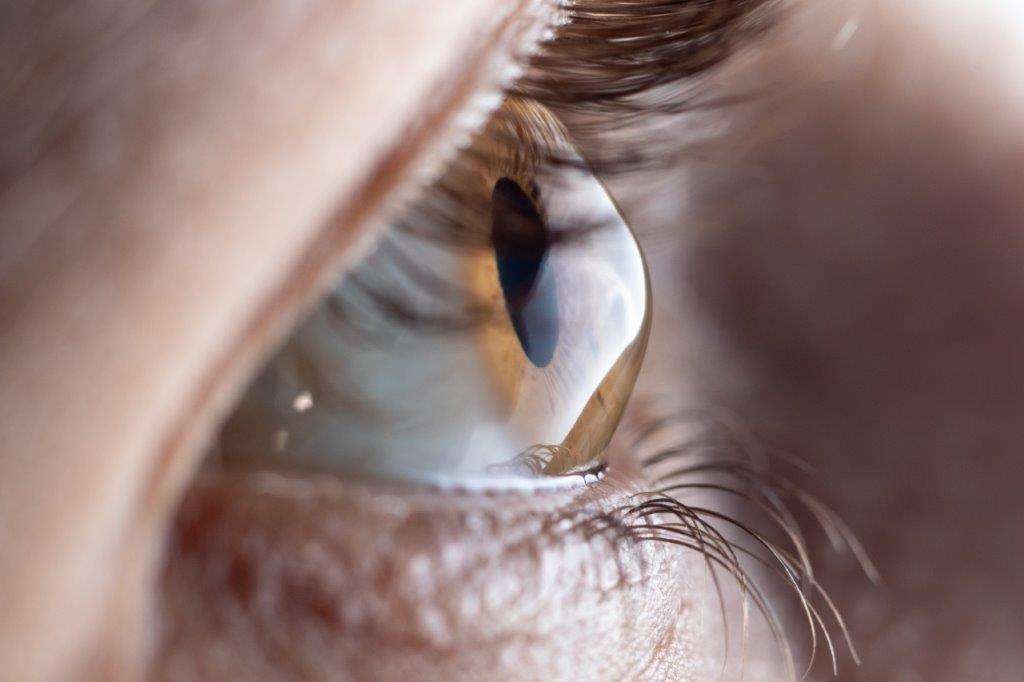
What is Keratoconus?
What is Keratoconus?
Keratoconus is a progressive eye condition characterized by the thinning and bulging of the cornea, leading to a cone-like shape. This abnormal corneal structure can cause distorted vision and increased sensitivity to light, making it difficult for individuals to perform everyday tasks. Symptoms often begin in the teenage years or early adulthood and may worsen over time.
Symptoms of Keratoconus
The signs of keratoconus can vary from person to person but typically include:
- Blurred or distorted vision
- Increased sensitivity to light and glare
- Frequent changes in prescription glasses or contact lenses
- Difficulty seeing at night
As the condition progresses, individuals may find that glasses no longer provide adequate vision correction, prompting the need for specialty lenses.
Diagnosing Keratoconus
An eye care professional can diagnose keratoconus through a comprehensive eye exam, which may include corneal mapping to measure the cornea's curvature. Early detection is crucial for managing the condition effectively. Regular check-ups can help monitor changes in vision and corneal shape.
Managing Keratoconus
For those with keratoconus, managing the condition is essential for maintaining quality of life. Soft contact lenses may be used in the early stages, but as the condition advances, many individuals require scleral lenses or gas-permeable lenses for better comfort and stability. These lenses vault over the irregular corneal shape, offering clearer vision and protecting the cornea from irritation.
It’s important to note that some individuals may need surgical intervention to achieve the best lens fit, especially if the keratoconus is severe.
Support and Resources
We recognize that the financial burden of specialty lenses can be overwhelming. That's why we're proud to partner with organizations like the Angel Eyes Foundation, which assists individuals in need of scleral lenses and related supplies. Their mission is to ease the financial challenges associated with keratoconus, with the goal that one day everyone will have access to the vision care they require.
Conclusion
If you’re experiencing symptoms of keratoconus, don’t hesitate to consult with an eye care professional. Early diagnosis and appropriate lens fitting are crucial for maintaining your vision.
Originally published: October 20, 2024
